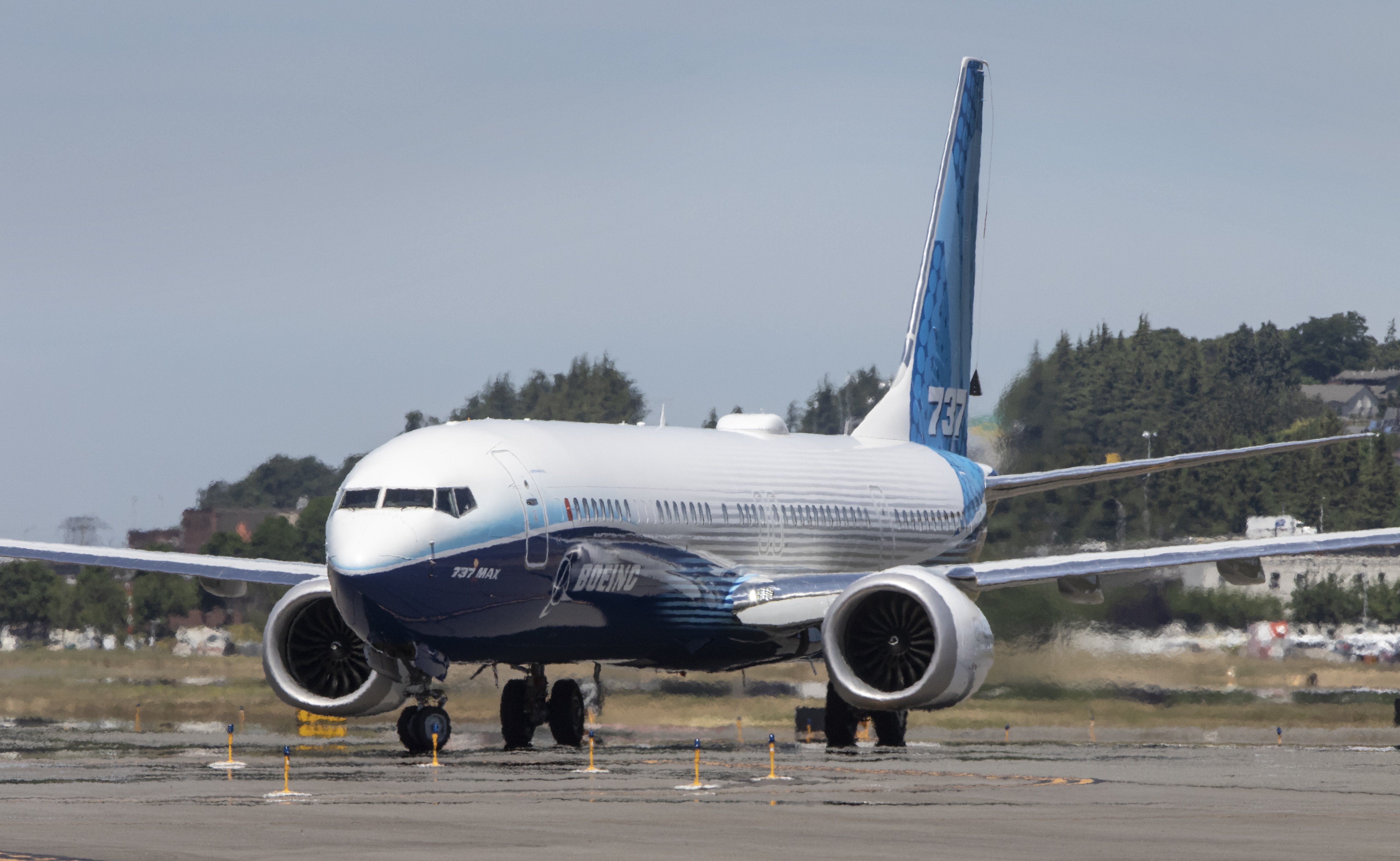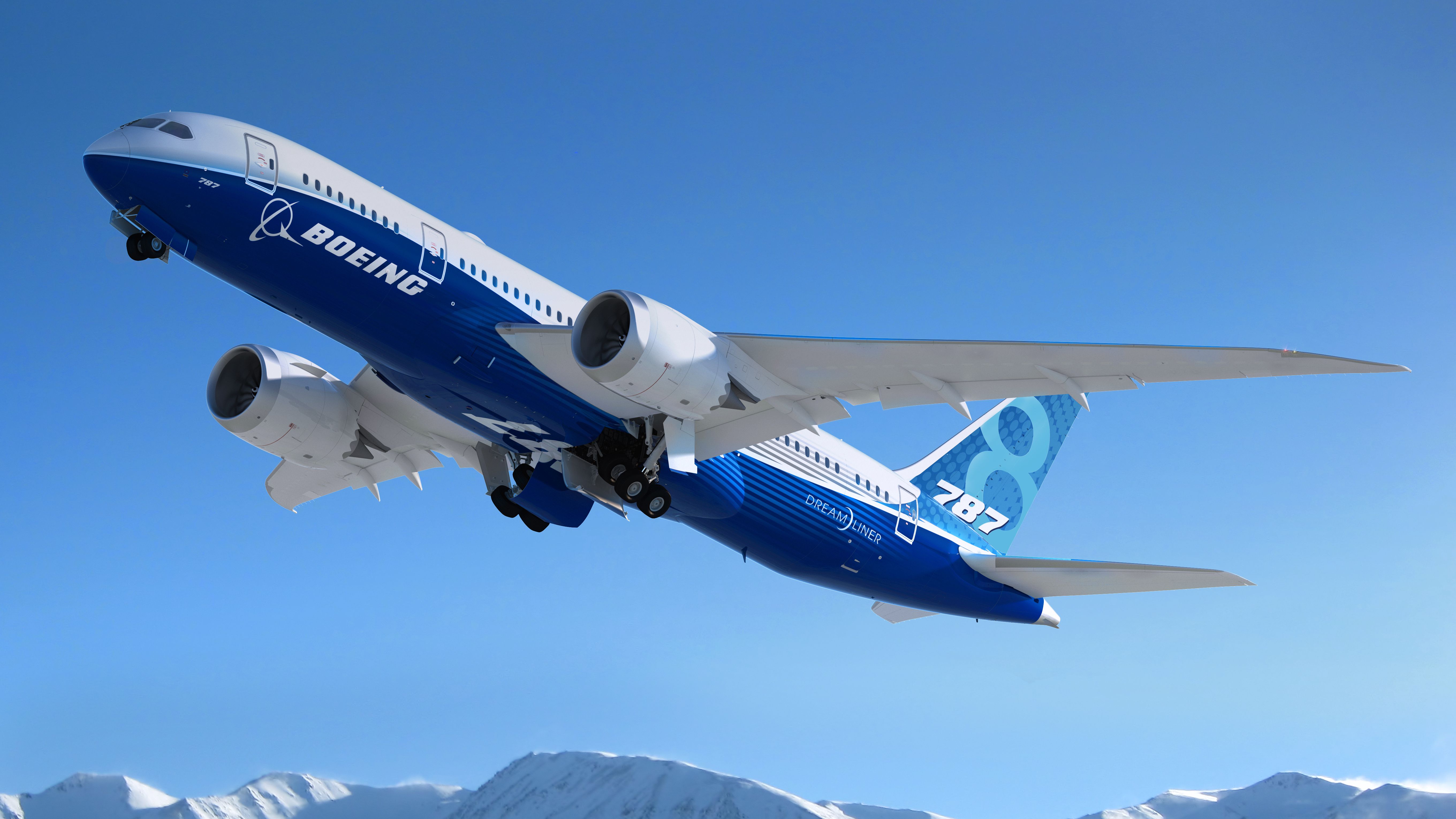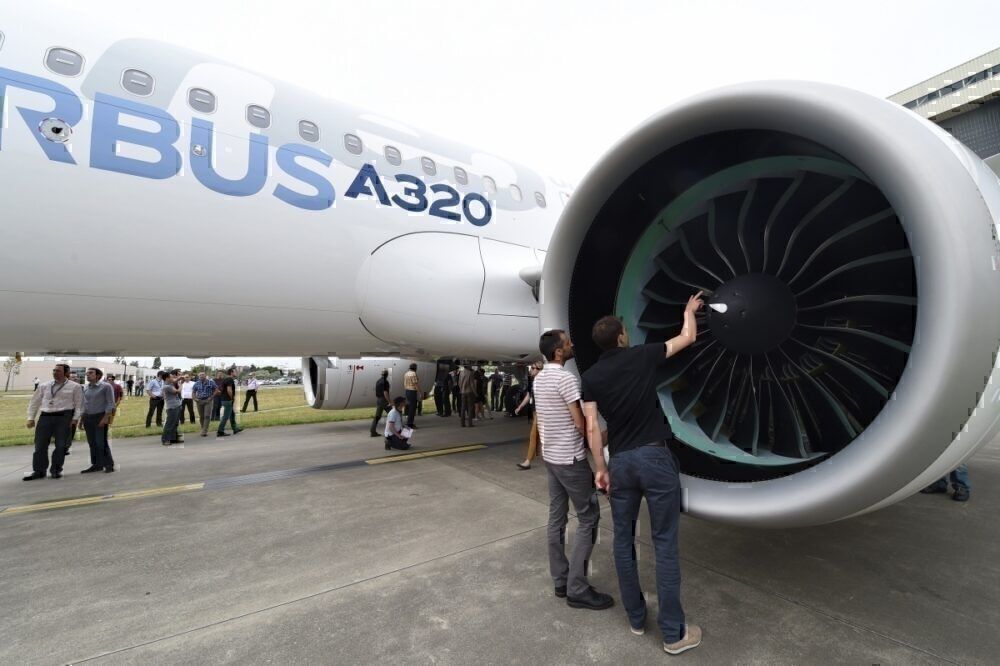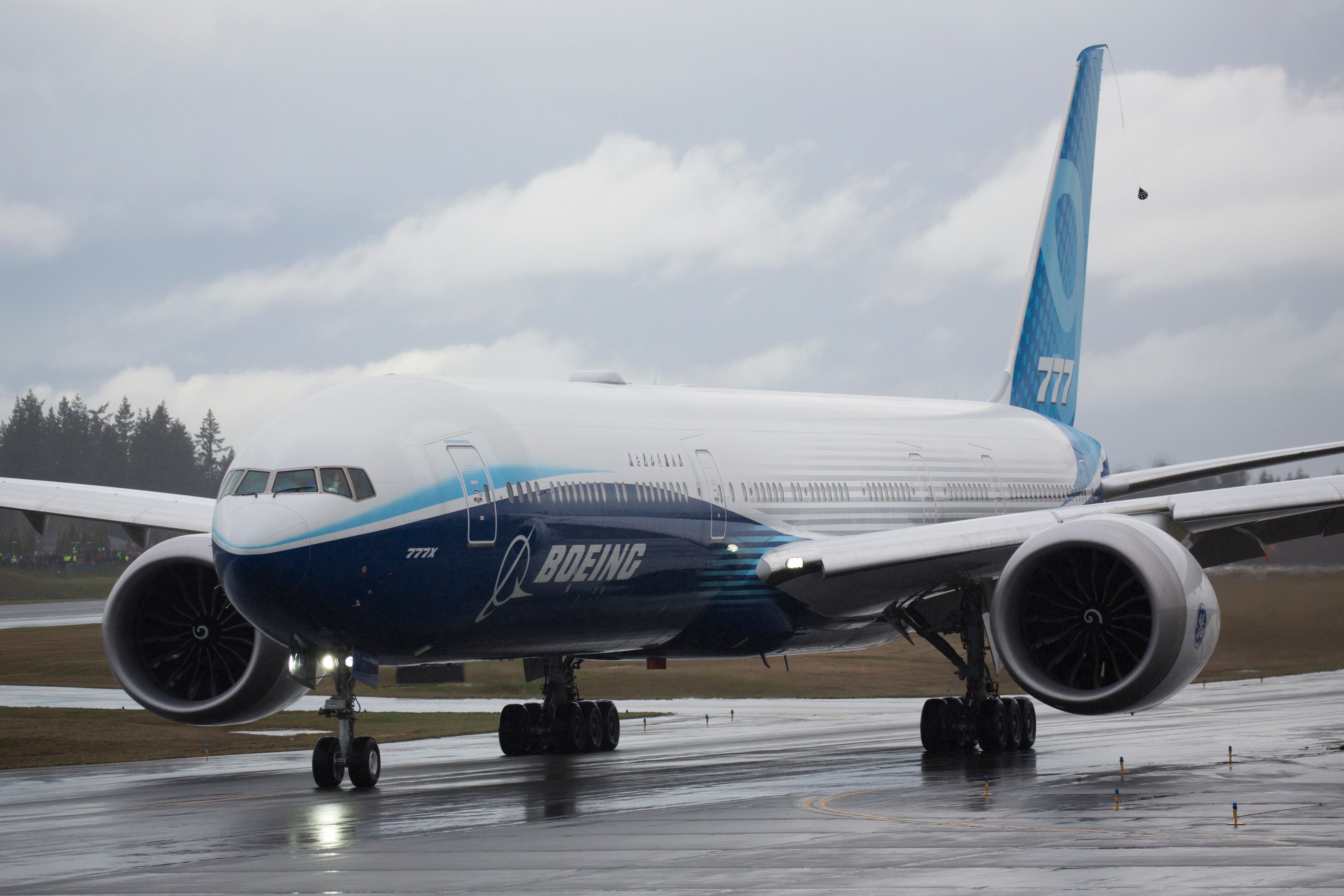Boeing’s CEO of commercial airplanes (CA) has said that the company won’t build gliders and will only produce aircraft at a rate that engine suppliers can keep up with. The comments by Stan Deal make clear the difference between Boeing and Airbus’s approaches. Airbus revealed in June that it had once again started to build aircraft without having the engines required to finish them.
Supply issues and high targets
Engine makers are struggling to keep up with ambitious aircraft production targets following two years of low demand during the pandemic. Engine manufacturer CFM International has had supply snags and labor issues, while the maker of rival Pratt & Whitney jets, Raytheon Technologies Corp, said in April that it was facing constraints across its business.
Boeing is currently building 31 jets per month, up from the 27 it was building in January. Stan Deal stressed that while Boeing was looking to further ramp up production rates, it would not be publicly marketing this. Instead, he said that the company would communicate privately with suppliers to see what kind of targets they believe are feasible.
Stan Deal said:
"It does not advantage us to make airplanes without engines. So we’re gonna pace our rate at the supply and slowly work to bring that supply chain back and increase our rates.”
While refusing to get drawn into precise numbers, Deal confirmed that CFM was behind on its engine deliveries.
Airbus, by contrast, has announced that it will hike production rates of its popular A320 family to 75 jets per month by 2025, up from its current rate of 50 per month. The announcement came despite the company facing warnings and pushback from some suppliers over previous plans to boost A320 production to 65 by Summer 2023.
It now appears as if some of those warnings had merit, with engine delays likely to lead to late delivery of some Airbus aircraft.
Simple Flying is at the Farnborough Airshow this week. For all the latest news from the show click here!
More on Boeing supply chain issues
Boeing’s delivery problems with several of its aircraft programs are well documented. The 777X program is running years behind schedule, and ongoing issues with the 787 Dreamliner have seen deliveries of that aircraft paused since June 2021. Despite its long-running grounding, the 737 MAX emerged as Boeing’s great hope. But in March, Simple Flying examined how getting those planes out the door was also starting to prove a problem.
Boeing specialist Dominic Gates at The Seattle Times reported that a shortage of certain materials caused by rolling supply chain issues was further delaying the delivery of some planes. Among other things causing headaches was securing a reliable supply of foam insulation tape that Boeing uses as a fire suppressant. Assembly line workers cannot add the final sidewall panels that line the interior of the cargo bay without supplies of the tape.
In the time since then, Boeing has also stopped using Russia for its titanium requirements. In March, the company suspended a contract with VSMPO-AVISMA. The Russian-based corporation is the world’s largest supplier of titanium and has ties with all major airplane manufacturers.
Stephanie Pope, Executive Vice President and CEO of Boeing global services, praised the company’s efforts in second sourcing its titanium.
What do you think of this latest news? Let us know in the comments below.




